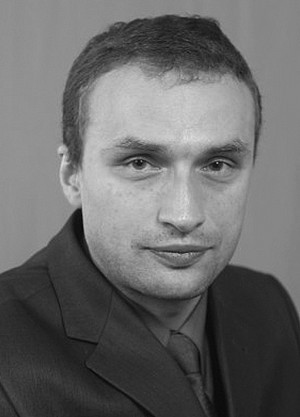Content of taekwondo trainer's pedagogical activity in secondary school
Фотографии:
ˑ:
Teoriya i praktika fizicheskoy kultury №6 2016, pp.100-102
UDC 796.071
PhD, Associate Professor A.V. Pavlenko2
PhD, Associate Professor O.E. Piskun1
PhD, Associate Professor A.M. Simakov2
Dr.Hab., Professor S.E. Bakulev2
Dr.Hab., Professor V.A. Chistyakov1
1Peter the Great St. Petersburg State Polytechnic University, St. Petersburg
2National State University of Physical Culture, Sport and Health n.a. P.F. Lesgaft, St. Petersburg
e-mail: piskun@imop.ru
Since the end of the last century the additional education system has been actively developed in Russian schools. This process has been legally regulated, now it has a proper legal status and makes it possible to put into practice student's motivation interests. A wide range of extracurricular sections is operating in schools.
Objective of the study was to analyze the essence of taekwondo coach's teaching activities in the additional education system in general schools in terms of organization and teaching methods.
As seen from the findings, taking into account parents' preferences when choosing a particular training system in the taekwondo section in a comprehensive school coach can choose the best methods of organization and training and avoid a significant loss of children engaged in training. Parents are also highly appreciate that their children are engaged in a prestigious (Olympic) sport and, despite the fact that taekwondo is a striking combat, the existing protection system of athletes and high competency of coaches (rapid progress of students) bring possible injuries to naught.
Keywords: additional education, educational path, taekwondo.
References
- Bakulev S.E. Sovremennoe tkhekvondo kak kompleksnoe edinoborstvo (Taekwondo as a complex combat) / S.E. Bakulev, A.V. Pavlenko, V.A. Chistyakov // Uch. zapiski un-ta im. P.F. Lesgafta. – 2007. – № 6 (28). – P. 15–20.
- Integral'naya podgotovka yunykh tkhekvondistov: ucheb. posobie (Integral training of young taekwondokas: stude guide) / S.E. Bakulev, V.A. Taymazov, V.A. Chistyakov, A.M. Simakov. – St. Petersburg: Polytechn. un-ty pub. h-se, 2010. – 122 p.
- K voprosu o primenenii elektronnykh sistem sudeystva v tkhekvondo (VTF) (On application of electronic judging systems in Taekwondo (WTF) / V.A. Taymazov, S.E. Bakulev, A.V. Pavlenko, A.M. Simakov, V.A. Chistyakov // Uch. zapiski un-ta im. P.F. Lesgafta. – 2013. – № 4 (98). – P. 155-160.
- Pavlenko A.V. Metodika formirovaniya bazovogo tekhnicheskogo arsenala na etape nachal'noy podgotovki v tkhekvondo: ucheb. posobie (Methodology of development of basic technical skills at initial training stage in Taekwondo:) / A.V. Pavlenko. – St. Petersburg: St. Petersburg: Polytechn. un-ty pub. h-se, 2013. – 130 p.
- Ponomarev N.I. Informatsionnaya teoriya tipologicheskikh grupp i formirovanie na ee osnove vzaimodeystviya trenera i sportsmena (Information theory of typological groups and formation of coach and athlete interaction on its basis) / N.I. Ponomarev, V.A. Chistyakov // Teoriya i praktika fiz. kultury. – 2001. – № 2. – P. 54–56.
Received 24.03.2016 г.



 Журнал "THEORY AND PRACTICE
Журнал "THEORY AND PRACTICE